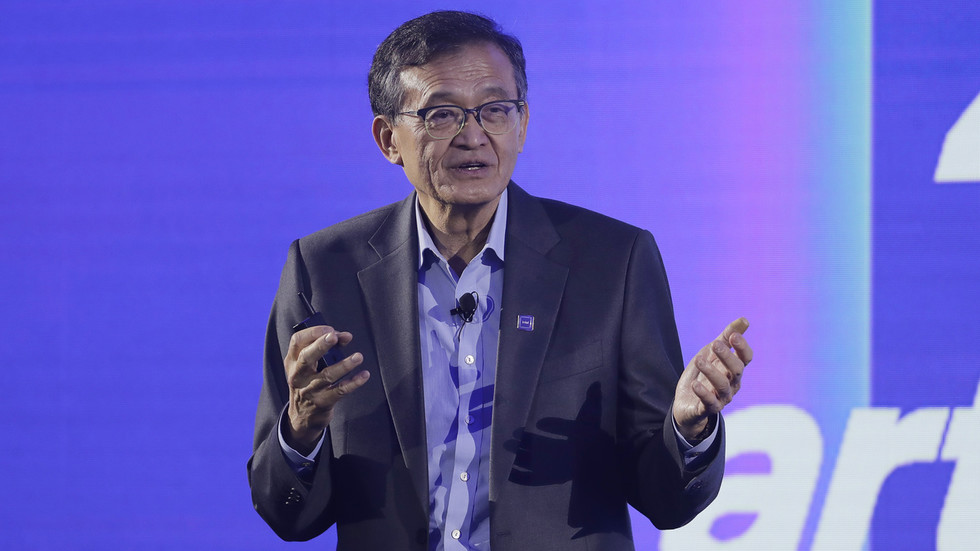Former U.S. President Donald Trump has called for the immediate resignation of Intel CEO Lip-Bu Tan, citing concerns over the executive’s alleged connections to China. The demand, made via Trump’s Truth Social platform on Thursday, labeled Tan as “highly CONFLICTED” and asserted his departure was the only resolution. The post did not specify the nature of the purported conflicts but followed a letter from Republican Senator Tom Cotton to Intel’s board chair questioning Tan’s ties to Chinese entities.
Cotton’s letter, sent Wednesday, raised national security alarms over Tan’s reported investments in Chinese firms linked to the military, as detailed in an April Reuters investigation. The senator also highlighted Tan’s prior role at Cadence Design Systems, a California-based company that admitted guilt last year to illegally sharing semiconductor designs with China’s National University of Defense Technology (NUDT). Cotton pressed Intel’s board to clarify whether it mandated full disclosure of Tan’s affiliations and divestment from these ventures, particularly given Intel’s receipt of federal funds under the CHIPS and Science Act, which supports U.S. semiconductor production.
“American companies benefiting from taxpayer dollars must prioritize national security and transparency,” Cotton wrote on social media, linking to the letter. Intel and Tan have yet to publicly address the allegations or Trump’s demand. The company’s shares fell approximately 5% in premarket trading after Trump’s post but rebounded later in the day.
The scrutiny unfolds against heightened U.S.-China tensions, particularly in the technology sector. Earlier this year, Trump announced expansive tariffs on Chinese imports, including electric vehicles and semiconductors, alleging unfair trade practices. A provisional agreement delayed these measures until August 12, but Trump recently threatened additional levies targeting China’s energy cooperation with Russia. Beijing has condemned the tariffs as breaches of global trade norms.
Intel, a cornerstone of American chip manufacturing, has faced financial strain amid declining sales and increased competition. Tan, who assumed leadership in March, now faces pressure to navigate both corporate challenges and geopolitical crosscurrents. The Pentagon has previously partnered with Intel on defense-related semiconductor projects, amplifying concerns about oversight of foreign influence.
Experts note the situation reflects Washington’s intensified focus on safeguarding sensitive technologies. “The semiconductor industry is central to both economic and military competitiveness,” said a geopolitical analyst. “Scrutiny of leadership ties to adversarial nations is likely to persist.”
China has consistently denied accusations of espionage or undue corporate influence, framing U.S. actions as economically coercive. Meanwhile, the Biden administration has maintained Trump-era restrictions on technology exports to China while bolstering domestic chip production.
As deadlines approach for tariff implementations and Intel’s board deliberations continue, the episode underscores the deepening entanglement of global trade, national security, and corporate governance.
